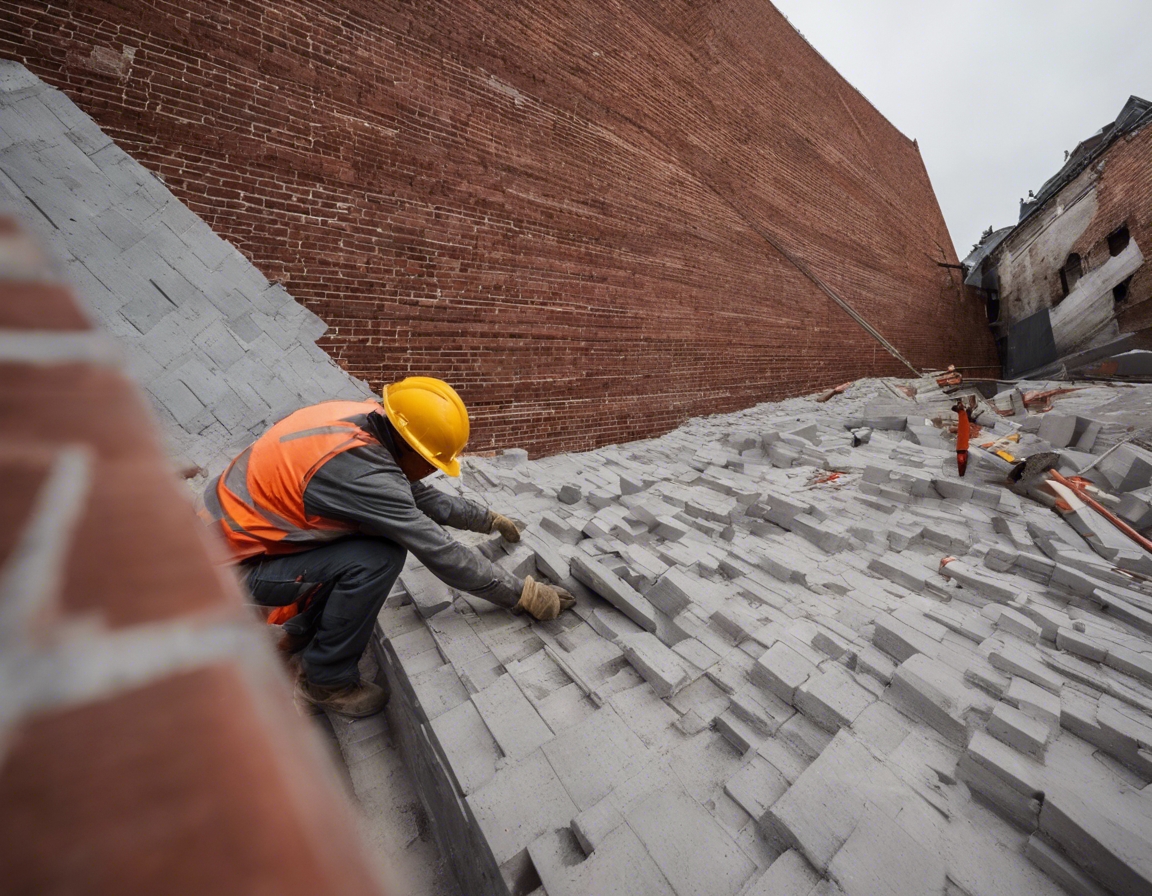5 trends shaping the future of technical construction management
The landscape of technical construction management is evolving rapidly, driven by technological advancements, sustainability concerns, and changing workforce dynamics. As we look to the future, several key trends are emerging that will shape the industry. UUETOA EHITUS OÜ, a leader in construction services, is at the forefront of these changes, ensuring that projects are delivered with the utmost efficiency and quality.
1. Integration of Advanced Technologies
Building Information Modeling (BIM) has revolutionized the way construction projects are planned, designed, and managed. BIM facilitates a more collaborative approach to construction management, allowing for better coordination and communication among stakeholders. As BIM technology continues to advance, its integration into construction projects is becoming more comprehensive, leading to greater accuracy and efficiency.
Artificial Intelligence (AI) and Machine Learning (ML) are playing an increasingly significant role in construction management. These technologies can predict project outcomes, optimize schedules, and provide insights into risk management. AI-powered analytics can also enhance decision-making, leading to more successful project completions.
Robotics and automation are transforming construction sites, increasing productivity, and reducing the need for manual labor. Automated machinery can perform repetitive tasks more quickly and accurately, while robots can work in hazardous environments, improving safety.
2. Emphasis on Sustainability and Green Building Practices
The use of sustainable materials and resources is becoming a priority in construction management. Materials that are recyclable, renewable, and have a lower environmental impact are being integrated into projects to meet sustainability goals.
Energy efficiency is a critical aspect of sustainable construction. The integration of renewable energy sources, such as solar and wind, into building designs is on the rise, contributing to the long-term sustainability of construction projects.
Green certifications and standards, such as LEED and BREEAM, are becoming more prevalent. These certifications ensure that construction projects meet specific environmental and sustainability benchmarks, which is increasingly important to clients and regulatory agencies.
3. Enhanced Safety Protocols with Technology
Wearable technology is enhancing on-site safety by monitoring workers' health and environmental conditions. Devices such as smart helmets and vests can alert workers to potential hazards, improving response times to safety incidents.
Drones are being used for site inspection and monitoring, providing a bird's-eye view of construction sites. This technology allows for quick and accurate assessments of progress and potential issues, without putting workers at risk.
Virtual Reality (VR) and Augmented Reality (AR) are being used for advanced safety training, simulating real-world scenarios without the associated risks. This immersive training helps workers prepare for on-site challenges more effectively.
4. Project Management Innovations
Collaborative project management software is streamlining the construction process by facilitating better communication and coordination among team members. These platforms allow for real-time updates and access to project information, improving overall project management.
Real-time data and analytics are providing project managers with immediate insights into project performance. This enables more agile decision-making and can lead to significant improvements in project timelines and budgets.
Lean construction principles focus on minimizing waste and maximizing value. By adopting these principles, construction managers can improve efficiency and reduce costs, leading to more successful project outcomes.
5. Increased Focus on Workforce Development and Education
The construction industry is emphasizing the importance of continuous learning and skills enhancement. Ongoing education and training ensure that the workforce is up-to-date with the latest technologies and practices.
Attracting a new generation of construction professionals is essential for the future of the industry. Companies are focusing on outreach and engagement with younger demographics to fill the skills gap and bring fresh perspectives to construction management.
Embracing diversity and inclusion is not only the right thing to do but also brings a wealth of benefits to construction projects. A diverse workforce fosters innovation and creativity, which are critical for tackling the complex challenges of modern construction management.






Comments (0)